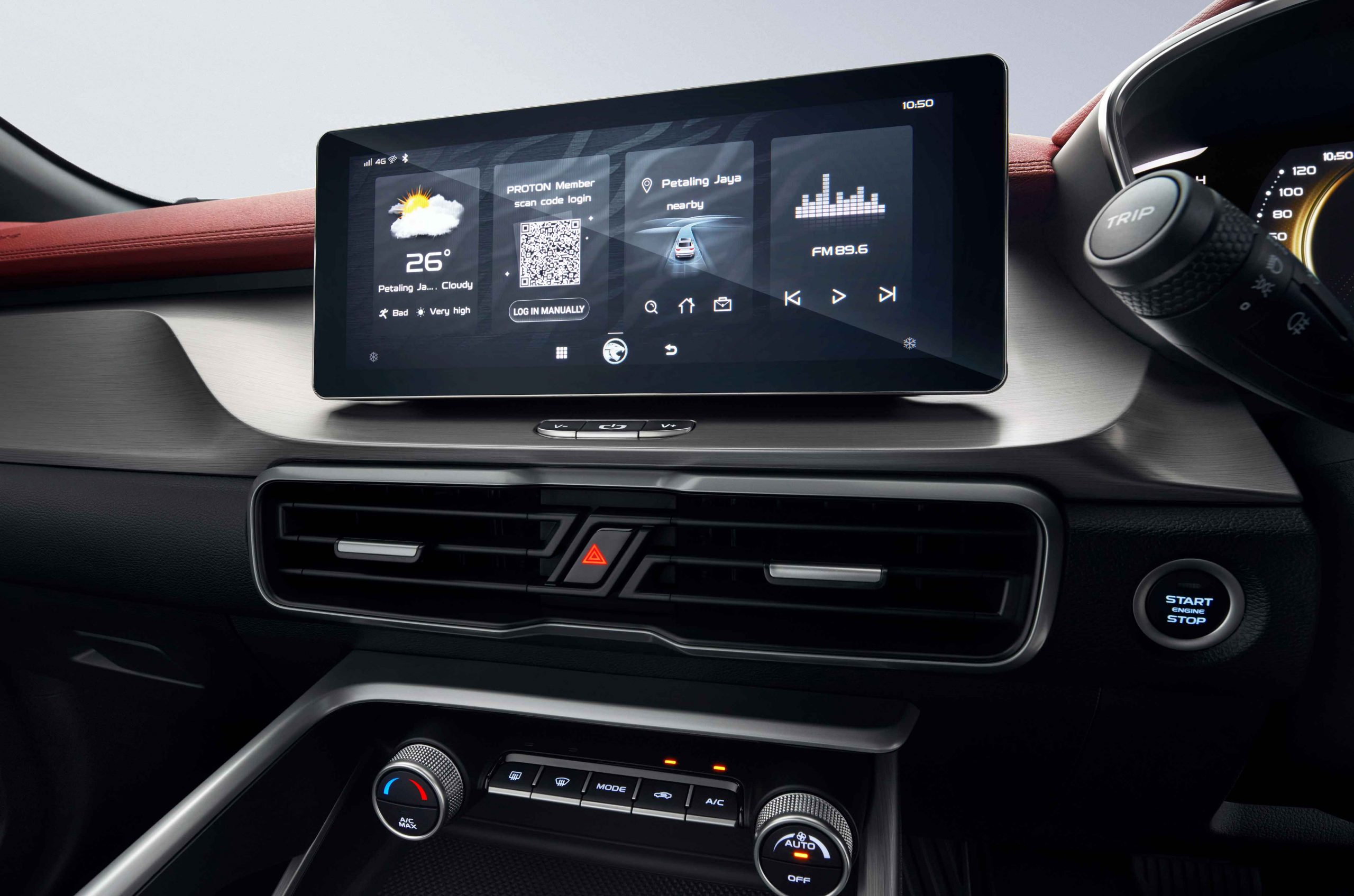Like most countries in the world, Malaysians speak a unique form of English that is even highly inconsistent among many of its populace. In addition to each ethnic group having its own accent and speech pattern, the language they use may also include a word or two from their own mother tongue. Let us also not forget that every other sentence in Malaysia has to end with ‘lah’, a term that is used to add emphasis on whatever is being said.
So, to make the GKUI suitable and relevant to the local market, ECARX (an independent company strategically invested by Geely) and PROTON, now operating under a jont venture company called ACO Tech Sdn Bhd, had to bring in over 200 individuals to provide voice samples.
They were first asked to record a short phrase, “Hi Proton”, in their own respective accents – this is the system’s wake-up phrase. Next, they were asked to record 32 barge-in commands, such as “Lower the window” or “Switch off the AC”, to help the system understand local word pronunciations and common instructions. Each phrase had to be recorded 10 times rapidly and 10 times slowly to ensure the system can capture and understand them at varying degrees of speed.
